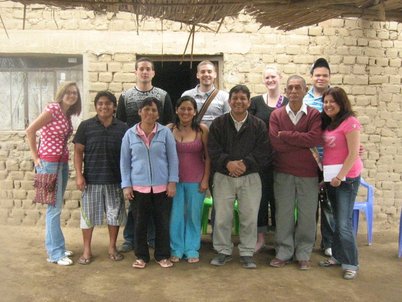There are many factors that influence the long-term success of a business venture. If you are thinking about starting up your own business or already have a business of your own, consider the following ideas:
Passion is the number one ingredient in a successful business venture. Passion turns a business into something more for the business owner. A passionate businessman is able to reach not only his client’s pocketbooks, but also their hearts.
A solid business is built on a well-considered, strategic foundation. This foundation is found in the business plan.
The hallmark of success is found in excellent customer relationships.
Quality, reliability, integrity and service are essential values for a successful business.
Products, pricing, and procedures are regularly checked by the owner.
A flexible business is a successful business. Business owners who are able to adapt and change with the industry, technology, and the market are able to survive many market swings and fluxuations.
A good business owner also knows the value of delegation.
If you are in the process of planning your own business venture, take a few minutes to ponder how implementing these ideas at the onset of your business can maximize your bottom line and minimize hassles and headaches down the road. These ideas might seem obvious, but often times it is the obvious that get overlooked. It is easy to get caught up in the busy routine of keeping a business afloat; no one knows that more than a business owner. Use this list to periodically evaluate where you or your team is at and make the necessary course corrections. Now more than ever, America and the world need entrepreneurs who have passion, integrity, and the discipline to keep their values in check while maintaining quality products and services. Let freedom as well as the free market be safeguarded within the small businesses!





 RSS Feed
RSS Feed

